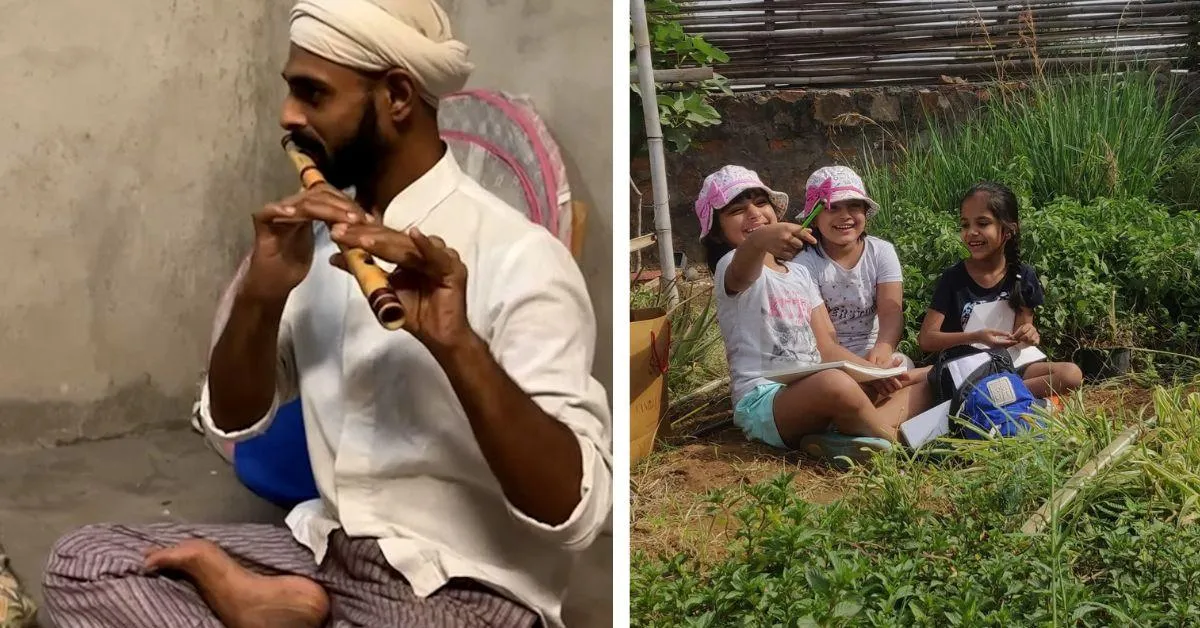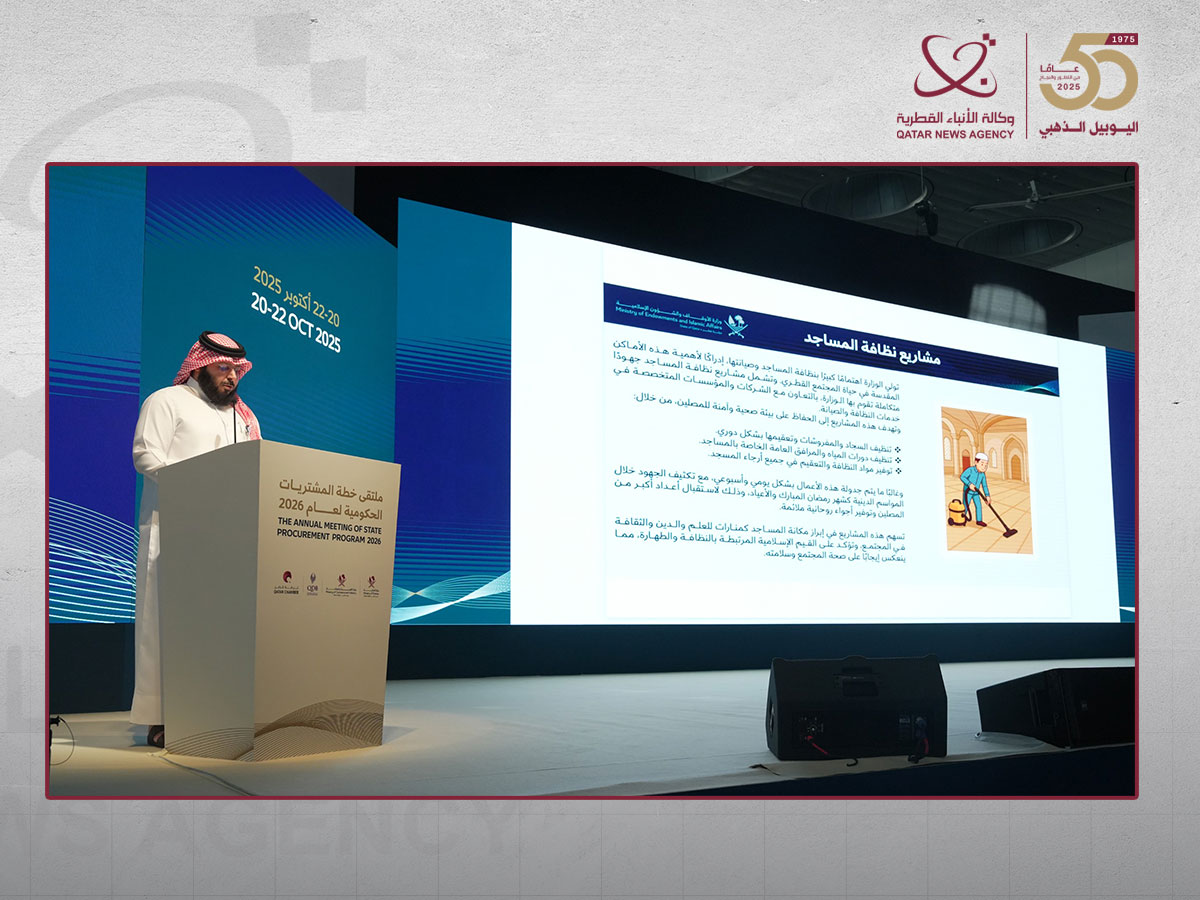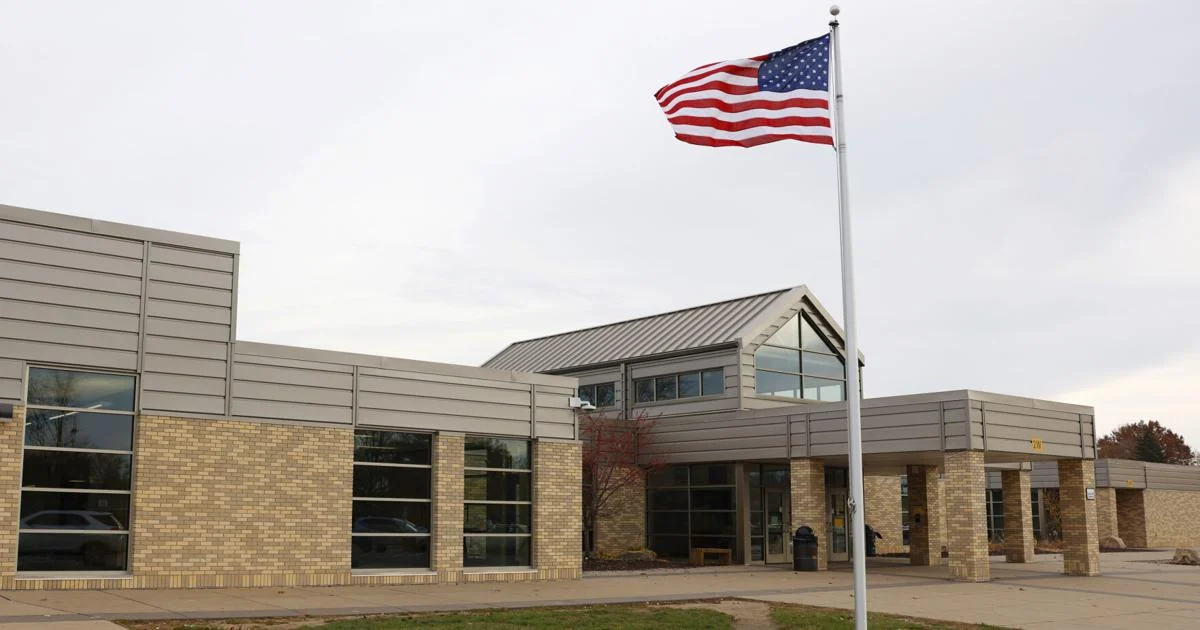Copyright thebetterindia

"The first thing one notices at Azadwadi is not a classroom, but a garden. Bright vegetables sway in the breeze, peacocks strut through the courtyards, and bamboo structures stand tall like gentle guardians of learning. Children run freely, their laughter blending with the calls of cows and goats that wander the campus. It feels less like a school and more like a living, breathing village of joy.Advertisment Add The Better India As A Trusted Source And yet, behind this sanctuary of freedom is the story of a man once dismissed as a “failure.” Growing up outside the system Azad, the founder, grew up at odds with traditional schooling. He dropped out of seven schools and two colleges, each time feeling the sting of being told he wasn"t good enough. But deep down, he knew it wasn"t his failure. “The system was broken, not me,” he recalls. Boxing was Azad"s escape, and he even made it to the Nationals. But a serious injury abruptly ended that dream. In search of meaning, he spent two years living with tribal communities. Their way of life taught him that learning isn"t limited to classrooms — it"s found in the forests, in farming, and in stories shared around the fire. That realisation planted the seed for what would one day become Azadwadi. A valley of freedom The name says it all, Azadwadi translates to “the valley of freedom.” What started in Gurgaon has now found a permanent home in Udaipur, where Azad and his partner Emily are building a forest school within the structure of a regular school. The idea is simple yet radical: instead of rejecting mainstream education, they want to transform it from within. At Azadwadi, children learn not through rote memorisation but through experience like painting murals, moulding clay, building mud homes, and growing their own food. It wasn"t an easy path. Money was tight, Azad"s parents worried endlessly, and many dismissed his vision as impractical. But Azad"s conviction never wavered. “No child should have to learn through fear,” he says. For him, the work was not just about education, but about restoring dignity to children who learn differently. A living classroom Today, Azadwadi is thriving. The school is alive with stories, songs, and experiments. Children learn by cooking with villagers, tending to animals, and exploring the forest. Parents, too, are drawn into the process, often working side by side with their children. Today, Azadwadi is alive with stories, songs, and experiments that fill the school corridors with curiosity and joy. For families, Azadwadi has become more than a school; it is a community. A place where education is not something to survive, but something to cherish. Beyond the school Azad"s vision now stretches further. Through eco-kitchen workshops and collaborations with the Global Eco-Education Network, he continues to share indigenous wisdom and explore how education can respond to the planet"s urgent crises. For someone once written off as a “failure,” his journey is proof that freedom can be the best teacher of all. "



